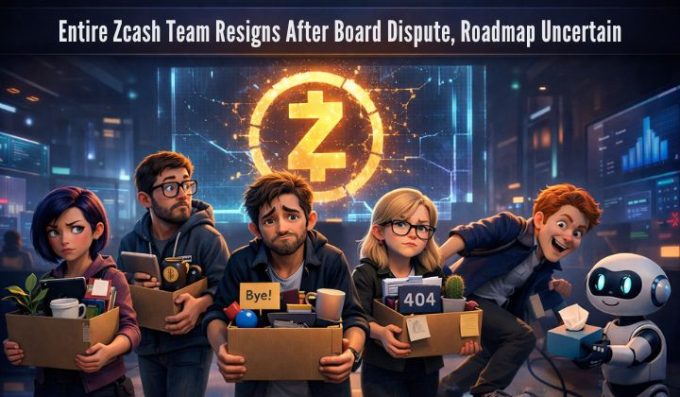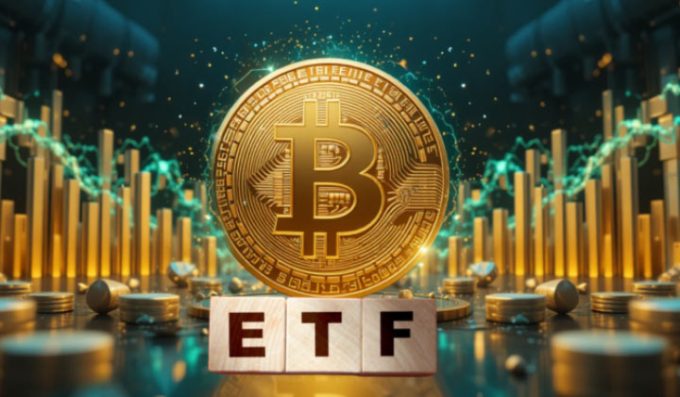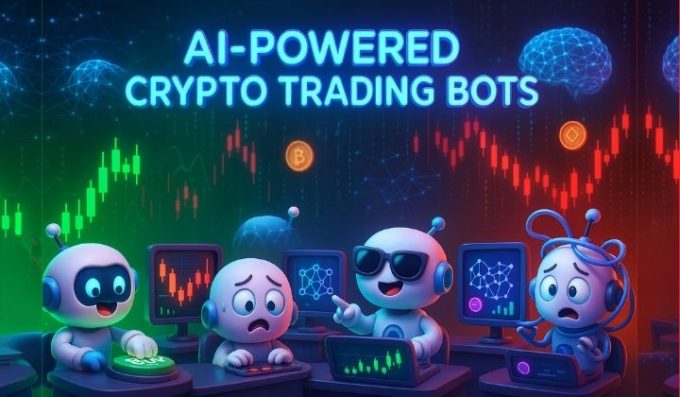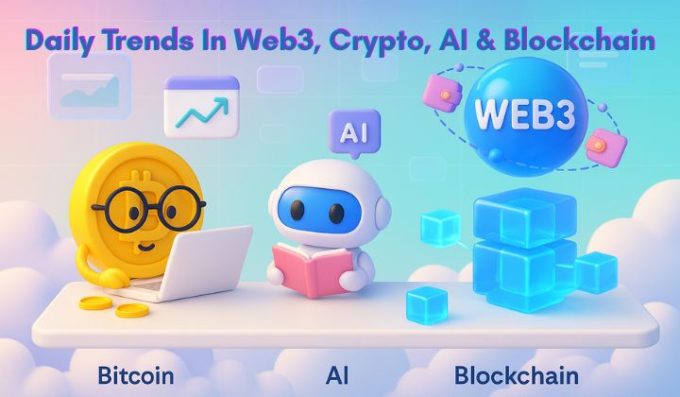Blockchain Set To Revolutionize Music Industry
Music is a significant part of most people’s daily lives. More than just entertainment, music is an art form, an important medium for cultural exchange. The demand for music consumption has created a major business industry encompassing production, distribution, publishing, live concerts, and album sales. However, there are still a lot of unsolved issues in each of these music fields.
Blockchain is solving some of music industry’s biggest problems. With blockchain, musicians can receive equitable royalty payments, venues are able to curb counterfeit tickets and record companies can easily trace music streams and instantly pay all artists who contributed to songs or albums.
Artists like Lupe Fiasco, Gramatik and Pitbull have advocated for decentralized technologies in music, and proponents champion blockchain’s distributed ledger technology as a fair and transparent way to efficiently release music, streamline royalty payments, eliminate expensive middlemen, and establish a point of origin for music creators.
To better understand the blockchain revolution for the Music sector, it is important to first look at problems in the music industry that blockchain technology can help resolve.
A recent Statista report predicts how the global music industry will grow over the next few years. The report estimates that the total revenue of the global music industry will grow to $65 billion by 2023. That’s a significant increase from the $51 billion it generated back in 2017.
While the above statistics indicate a healthy growth rate, there are times when such statistics can mask underlying structural problems within an industry. This is true for the music industry.
The music industry has seen many disruptions over the years. Major labels like Universal Music Group, Warner Music Group, and Sony BMG once dominated the whole scene.
Further music streaming platforms brought in more disruptions. Spotify, Apple Music, Google Play Music & YouTube, Amazon, Deezer, SoundCloud, and Tidal led this round of disruptions and managed to succeed where Napster had failed in trade surrounding music.
You need to login in order to Like













